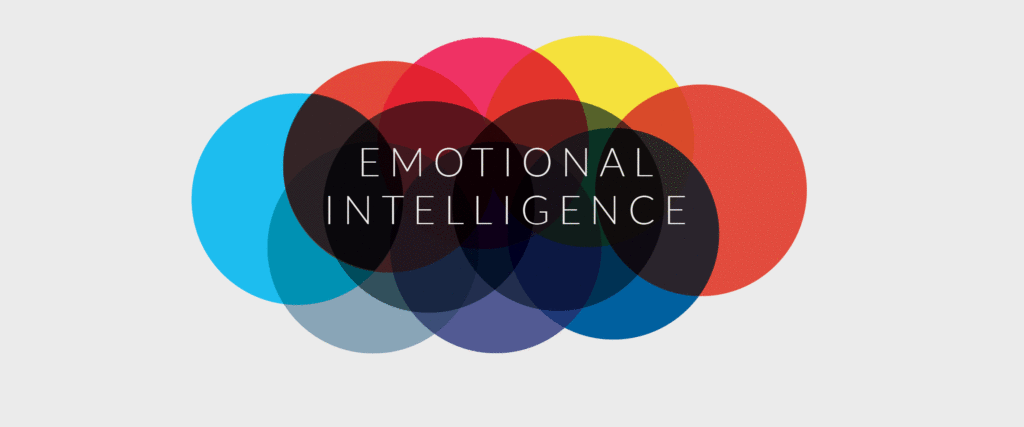There are times when you see yourself burst out at your children for some disturbance in your professional life or sometimes you might not control your anger and unnecessarily hurt your dear ones which may lead to conflicts and issues in forming good relationships. These are all created by the turmoil that goes on with the emotions in our heart and how we respond to these emotions. Having a quick sense of how emotionally aware and responsive you are towards your emotions is what is called Emotional intelligence.
It is a fun way of expressing your emotional self and how emotionally responsive you are towards anyone in your environment. It is necessarily important for all individuals to regulate their emotions in an appropriate manner, handle or deal with negative as well as positive emotions in a balanced manner and also express their emotions in the right way.
At times when we feel emotionally uncomfortable or upset in our workplace or school, we tend to get too overwhelmed or show anger that leads to a heated argument which in turn affects the whole situation. Therefore, it is quite necessary that each one of us must develop the mature emotional intelligence skills required to better understand, empathize and negotiate with other people.

For a great many people, emotional intelligence (EQ) is a higher priority than one’s intelligence (IQ) when looking at achievement in their lives and professions. For most individuals, our accomplishments in our careers today rely upon our capacity to peruse others’ emotions and body language and also respond to the same properly. Five significant categories in which researchers look at Emotional Intelligence are as follows;
- Self-awareness. Self-awareness is the ability to recognize our own emotions and attitudes towards our own self Developing self-awareness requires tuning in to your true feelings. Being self-aware helps you to look for the positive qualities in your own self and developing self-confidence.
- Self-regulation. We often have little control over when you experience emotions. Self-regulations is diving into our own lives to explore strategies which are best suited to help us remove the negative thoughts and emotions and see the positive side. It can be knowing your own strategies and applying those strategies to make yourself feel better when things go wrong. Like some people may try meditation techniques for calming themselves during some stressful situations while some other may be talking out and sharing with their friends about how they feel. Being self-regulated also involves being conscious and aware of what you perform or what decisions you take. Trusting your own decisions while being aware of the consequences that might come up. A self-regulated person also are open to new learning and opportunities.
- Motivation. Clear set goals that are in line with one’s expectations and a positive attitude to reach the same are the two factors that are of paramount importance when thinking about motivation. The setting of clear goals which are measurable, achievable, attainable, realistic and time-bound is very important. Although you may have a predisposition to either a positive or a negative attitude, you can with effort and practise learning to think more positively. In different situations, if you are able to identify negative thoughts which might be hindering your growth, you can use various techniques to reframe the same and look at the same from a positive lens which can, in turn, help you achieve your goals.
- Empathy. Many would say that your success in life can be correlated to how well you can perceive others and ‘put yourself in their shoes’. We have to understand others from their perspective. Getting into other’s shoes to find out what they feel about the world is important to address their situation better. The more skilful you are at discerning the feelings behind others’ signals the better you can control the signals you send them. An empathetic person excels at Discerning the feelings behind the needs and wants of others.
- Social skills. The development of good interpersonal skills is paramount to success in your life. “People skills” are even more important now with the growing advancements in the world because you must possess a high EQ to better understand, empathize and negotiate with others.
Thus, all we need to become is emotionally responsive and aware about our own thoughts and feelings, Be more openly accepting and understanding other’s feelings. To make relationships work and have a healthy and successful life, emotional intelligence needs to be driven more into our lives so that we can see stronger connections in all spheres of our lives.
Know more about Ms.Bhargabi Kashyap



1 thought on “MHT Blog | Emotional Intelligence: The key to a happy life | Bhargabi Kashyap”
Pingback: The Positivity Paradox | Vishwa Modi | MHT India